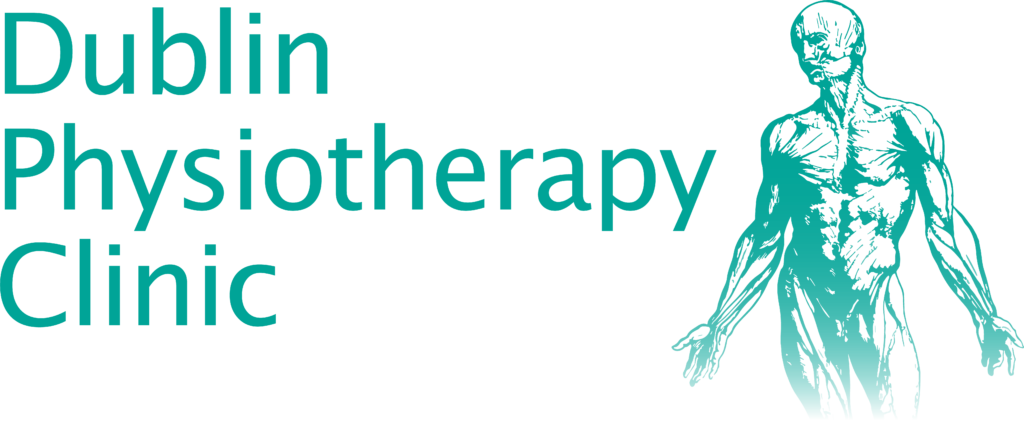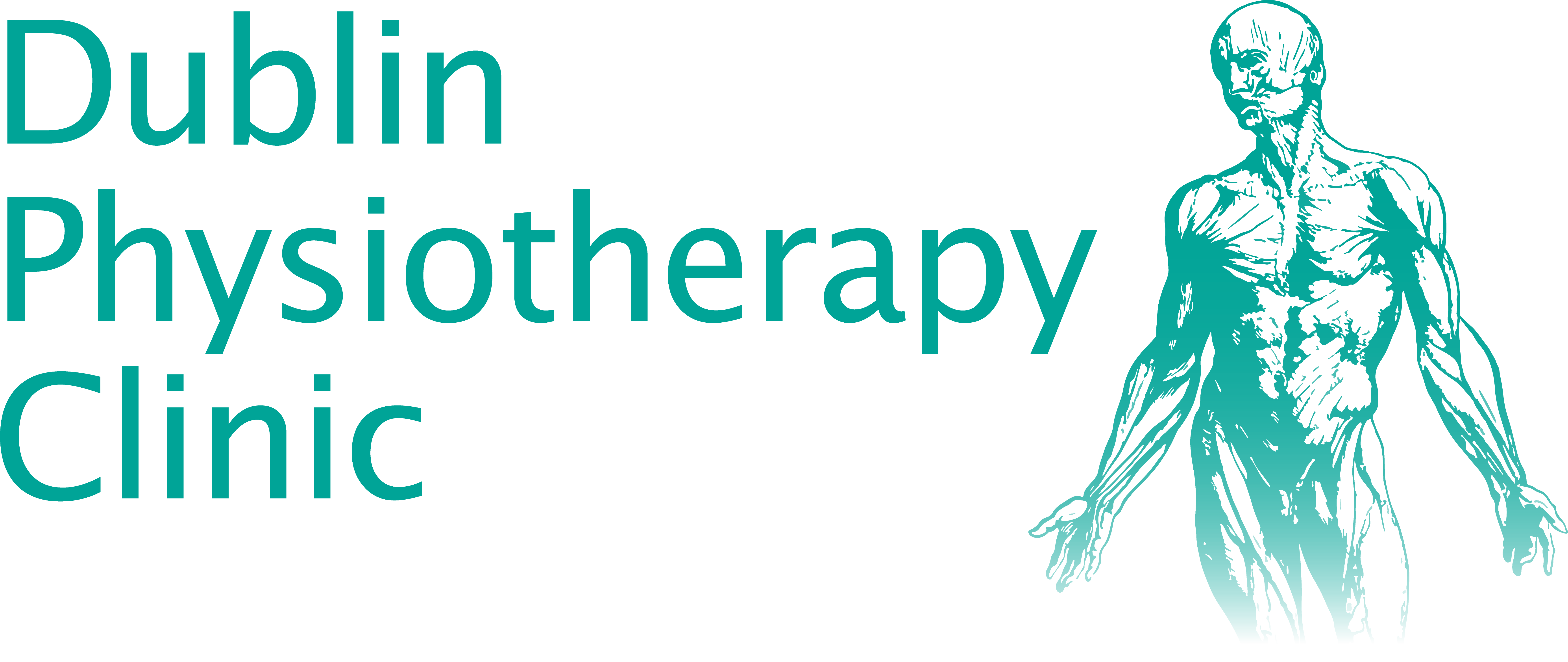In today’s video, David Fitzgerald, talks once again about something every physician gets asked pretty often: “what type of exercise is good for me”?
David, in fact, says that the question he gets asked the most by his patients is whether they’re doing the right exercises and, if it’s not the case, how they can find new ones that will work more efficiently for them.
If you want to know more about what he has to say about this, make sure you watch the video below or read the full article to learn about the different types of exercises and how they can benefit you.
The first thing clinicians have to consider when suggesting a specific exercise routine to their patients is to identify what their aim is. Usually, the first thing to ask the patient is whether the exercise has seemed to improve their situation or if they haven’t noticed any changes since starting to exercise. Many of you probably won’t know that physiotherapists often prescribe their patients home exercise. The reason behind this is to facilitate rehabilitation, reducing the amount of treatment that they need. This has two main consequences; it helps the patients save money on rehabilitation and it speeds up the healing process.
Specific tailor mad programmes are usually thought out for patients to do between sessions and they can be of different types.
The different types of exercise
The first kind of exercise David mentions is to promote flexibility and movement. These type of exercise generally use stretchy kind of motions, more suitable for people suffering from stiff movements. This stiffness can be a very generalised one or specific to an area, such as knees, hips, ankles or shoulders. The prescribed stretching needs to target the zone that needs to be stretched, therefore stretching in the direction that is restricted. It goes without saying then, that searching stretching exercises online is not a good idea as patients will very rarely find something tailored to them and their condition.
David explains that it comes down to the physiotherapist to choose the best exercise routine to target the specific area the patient needs to work on. After all, however, it comes down to what works best for the patient as an individual and this is why there can’t be a textbook exercise routine effective for everyone.
The other group of home exercises David mentions are strengthening exercises. We are talking about exercises ideal for people who are suffering from irritated joints due to the lack of muscle protection. The success of this exercise routine will be demonstrated by the decreased level of pain in the patients. If this doesn’t happen, however, it is the clinician’s job to understand whether if the patient wasn’t doing the exercise right or if it is best to find a better routine for them.
Strengthening exercises
The variety of strengthening exercises is huge. In rehab, there are a number of exercises replicating ordinary activities during which the movements can affect the body in a negative way. For weight-bearing joints, for instance, exercises like squatting, longing or bending would put the body under too much pressure. In these cases, David says, it is good to go for exercises that isolate the individual muscles.
More and more often these days, David has sen patients been given a sheet of exercises by their general practitioner or surgeon or departments in the hospital, expecting them to work through a scheme of very generic exercises. Rarely do people need to do all of the exercises on the sheet, leading to a routine of mishmash exercises that won’t necessarily help them. David is more in favour of finding a specifically tailored programme for the patient, who will benefit from the targeted exercise. When creating an exercise plan, it is important to find three of four key things (such as strength or flexibility) and asking the patient to focus on them.
So, these are some of the best practices when it comes to exercise. As David explains well in his video, it’s impossible to find one routine that works for everyone, however asking for professional help will guarantee you better results.
That is all for today’s video; make sure you keep an eye out for next week’s video with David Fitzgerald.




